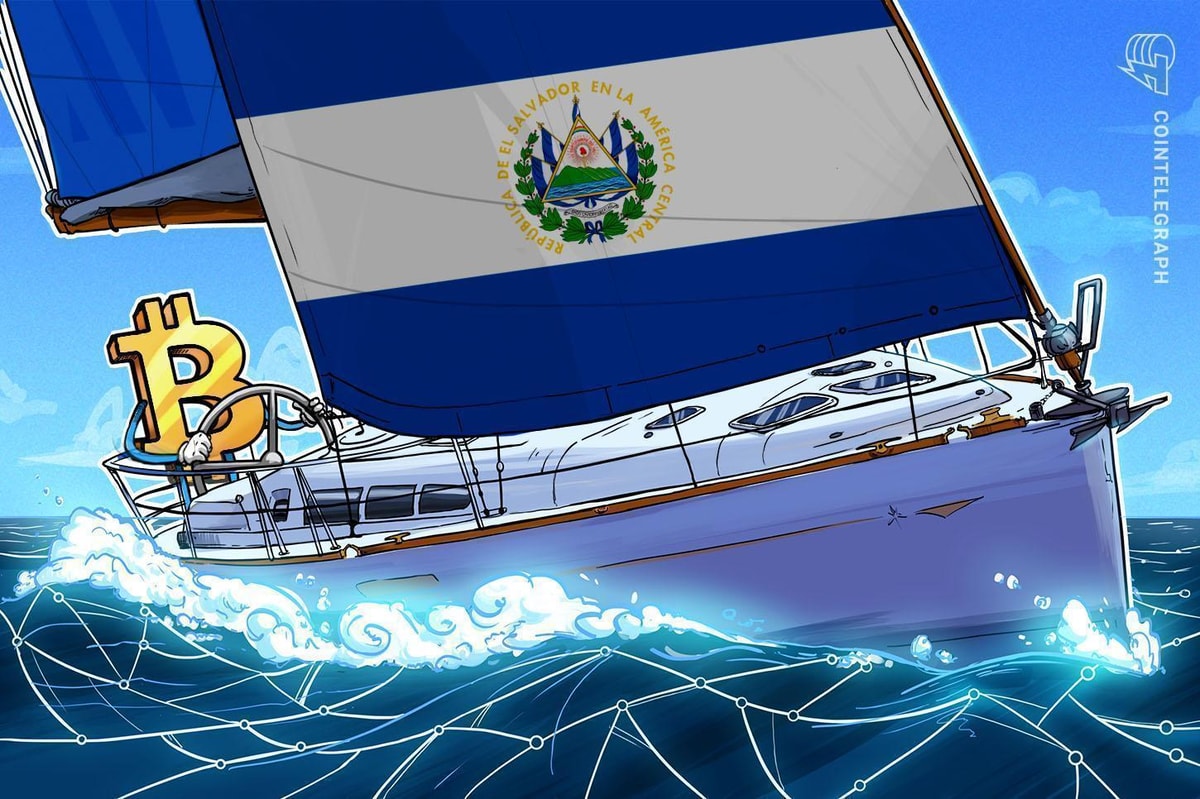Salvadorans haven’t yet warmed to their country’s adoption of Bitcoin as legal tender, with a recent survey finding that 92% don’t make transactions using the cryptocurrency.
Just 7.5% of respondents to an Oct. 10 survey from the San Salvador University Francisco Gavidia said they used Bitcoin (BTC) to make transactions, while 0.5% chose not to respond to the question.
The latest results suggest a slight decline in Bitcoin use in the Central American nation. An earlier survey by the University of Central America’s public opinion institute found that 88% of Salvadorans didn’t use Bitcoin for transactions in 2023.
92% of surveyed Salvadorans said they didn’t use Bitcoin for transactions. Source: UFG
The survey interviewed 1,224 adult El Salvador citizens, asking them questions on their most pressing political and economic concerns.
Around 60% of respondents said the country was charting the correct course forward and expressed strong approval of President Nayib Bukele.
Still, the survey found only 1.3% said Bitcoin should be the “main bet” for the country’s future, with respondents overwhelmingly saying education and industry should be the primary focus.
Bukele was elected in June 2019 and has led a controversial but popular crackdown on organized criminal gangs, which saw him imprison about 1% of the country’s population.
Related: IMF pressures El Salvador to overhaul Bitcoin regulations
Salvadorans widely supported the move, but Bukele’s crackdown was slammed by human rights advocacy groups that claimed there was little due process and widespread mistreatment of those incarcerated.
In September 2021, Buekele moved to have El Salvador become the first country to adopt Bitcoin as legal tender and has since attempted to court foreign capital by offering Bitcoin “Freedom” visas and promising to develop a Bitcoin City.
Bukele was sworn in for a second five-year term as president in June, promising to position the country as a “world leader” across various industries, including crypto.
Magazine: Bitcoiners are ‘all in’ on Trump since Bitcoin ’24, but it’s getting risky









